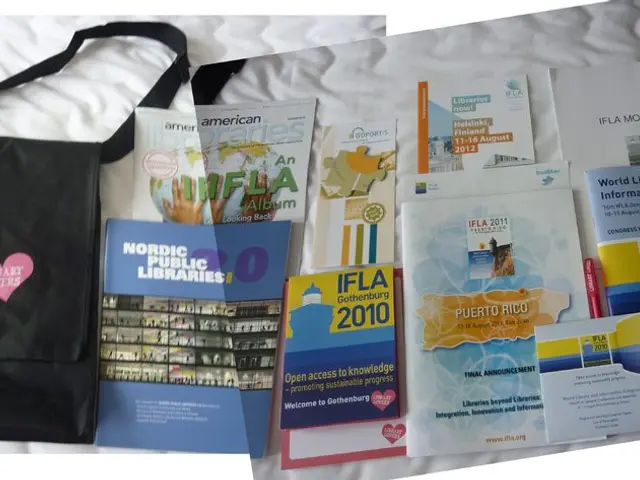Expanding Canada's Financial Technology Sector Through Prepaid Technology
In the ever-evolving landscape of financial technology, prepaid technology stands out as a promising innovation that is transforming the way Canadians manage their money.
For fintechs, prepaid technology offers an accessible entry point for building and launching programs and cards that are inclusive, flexible, and scalable. This technology has proven to be a valuable tool, particularly during the pandemic, when prepaid providers like KOHO and We Financial delivered emergency funds quickly and securely to Canadians without a bank account.
The prepaid technology market in Canada is currently valued at $14 billion annually and is projected to reach $17 billion by 2028. This growth is reflected in the increasing number of Canadians adopting prepaid services. In recent years, 27% of consumers opened new prepaid accounts, outpacing new debit and credit card openings.
Prepaid technology is beneficial for serving Canadians who are often left out of traditional banking, such as newcomers, gig workers, youth, rural communities, and Indigenous communities. The Canadian Red Cross, for instance, has delivered thousands of prepaid relief cards within days in disaster scenarios.
Prepaid transactions cost around 30 cents, compared to $4-$20 for processing cheques, making it a cost-effective solution for both consumers and businesses. Small businesses can streamline expenses with prepaid, while suppliers gain faster access to payments. The Canada Revenue Agency is holding $1.7 billion in uncashed cheques, a potential issue that prepaid platforms could solve.
Gig workers can receive instant earnings across provinces with prepaid, and students benefit from modern youth accounts with prepaid. The prepaid financial market has grown with a focus on controlling spending, boosting loyalty, and streamlining business and consumer payments over recent years.
Prepaid technology provides a "innovation sweet spot" that is regulated enough to earn trust, yet flexible enough for fintechs and governments to rapidly develop and deploy new tools. Prepaid platforms break down geographic and institutional barriers that have historically limited participation in the financial system.
Examples of fintechs using prepaid technology include KOHO, Mydoh, EQ Bank, Canadian Red Cross, and CERB benefit distributors like KOHO and We Financial. In Canada, companies offering prepaid-based financial services include Mastercard partners and mobile virtual network operators (MVNOs) providing prepaid mobile plans. These services have developed by expanding customer reach, improving digital payment solutions, and offering flexible prepaid wallets for seamless transactions.
Jennifer Tramontana, the Executive Director of CPPO, emphasises the importance of prepaid technology in promoting financial inclusion. "Prepaid technology powers everyday financial services that many Canadians rely on, such as instant paychecks and digital banking apps," she says.
Prepaid technology has proven to be a vital tool in the distribution of federal benefits during the pandemic. It enabled secure, real-time distribution of these benefits, demonstrating its potential to revolutionise the financial sector in Canada. As we move forward, it is clear that prepaid technology will continue to play a significant role in shaping the future of financial services in Canada.
Read also:
- EPA Administrator Zeldin travels to Iowa, reveals fresh EPA DEF guidelines, attends State Fair, commemorates One Big Beautiful Bill
- Musk announces intention to sue Apple for overlooking X and Grok in the top app listings
- Cybertruck's Disappointing Setback, Musk's New Policy, Mega-Pack Triumphs, Model Y's Anticipated Upgrade Prior to Refresh (Week of January 25 for Tesla)
- Innovative Company ILiAD Technologies Introduces ILiAD+: Boosting Direct Lithium Extraction Technology's Efficiency Substantially







